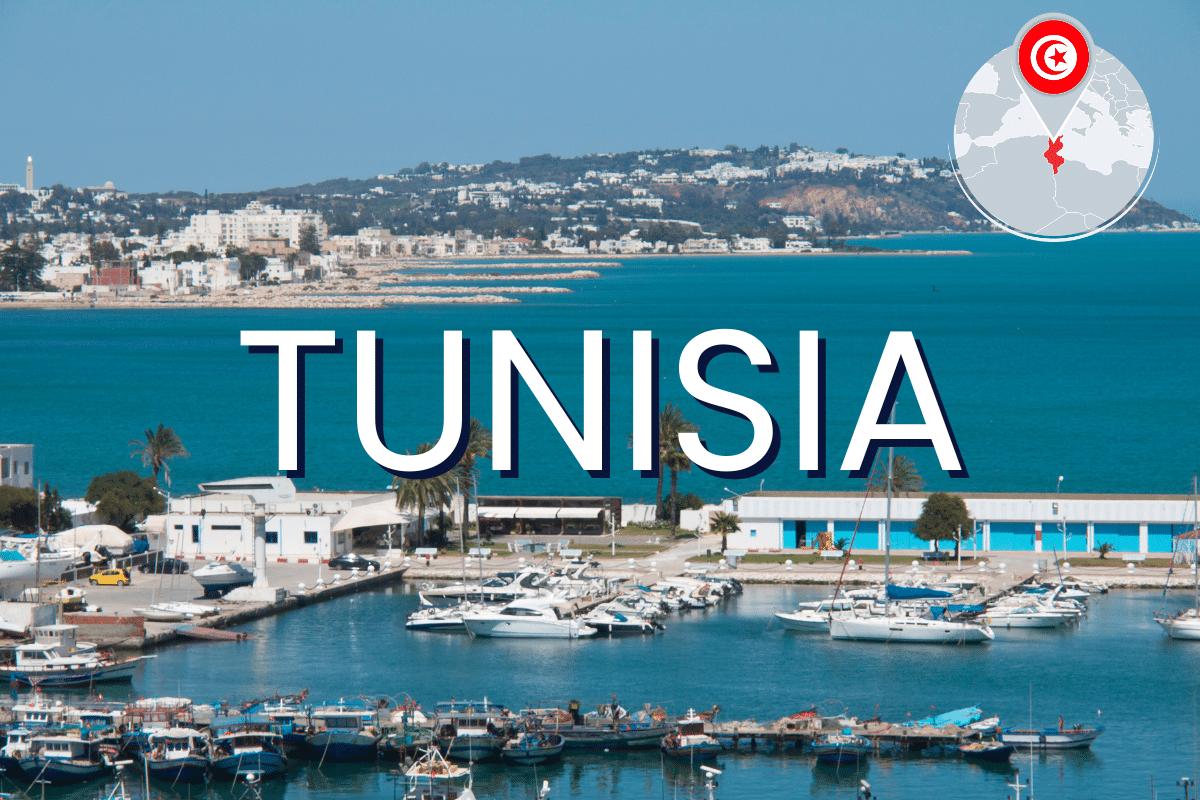
“Catalysts for Change: Voices from TAP-EDM Partnerships” Series
In Tunisia, short-term technical assistance through the TAP-EDM initiative supported the Ministry of Finance and its Central Unit for Budget Management by Objectives (UGBO) in integrating gender equality into budgeting processes. With guidance from Canadian experts, the ministry strengthened its capacity in inclusive budgeting, bringing together gender, intersectionality, and climate considerations. In this series, project partners reflect on how tailored expertise helped shift institutional mindsets and practices. The TAP program is funded by the Government of Canada through Global Affairs Canada and implemented by Alinea International.
Background
Tunisia has made strong commitments to gender equality. But as seen in many countries, it takes time for public policies and programs to be translated into measurable change at the ground level. As a result, women in Tunisia still face higher unemployment, more vulnerability, and limited roles in decision-making. To help address these challenges, TAP-EDM supported Tunisia’s Ministry of Finance and its Central Unit for Budget Management by Objectives (UGBO) in advancing gender equality through gender-responsive budgeting (GRB). This was undertaken through two back-to-back initiatives. In the first initiative, this involved researching international GRB practices, creating a practical guide for ministry staff, and delivering related training. The goal was to help ministries include a clear gender lens in their budget processes and strengthen UGBO’s ability to support gender-responsive policies right across Tunisia. In the second initiative, the work shifted to assessing the impact of these efforts and creating a budgeting mechanism, coined inclusive budgeting, that simultaneously takes into consider gender, intersectionality, and climate. New tools, guides, and training were developed to support the Ministry’s work in both inclusive budgeting and gender impact analysis. Participants of the initiative also had the opportunity to visit Canada on a study tour to learn about Canadas approach.
Before TAP’s support, Tunisia’s Ministry of Finance used a more conventional, top-down approach to budget reform. They often relied on ready-made models and tools from other experiences, without fully considering a true adaptation to Tunisia’s own social and economic realities. Amel Lahmari Fekih, the head of the UGBO, has seen the initiative through from start to finish. We spoke to Mme. Amel and asked her to share her story.
Amel Lahmari Fekih’s Story
What stood out most to Mme Amel was not a technical tool or policy document, but a fundamental shift in thinking. In the early stages of the Canadian study tour, Amel and her Ministry of Finance colleagues, both Tunisian and Moroccan, came seeking precise guidance: circulars, templates, decrees, or models to adopt. They expected to find a standard framework to replicate. However, by the third day of the visit, it became clear that the Canadian model was not about rigid frameworks but about an adaptable mindset. Canadian institutions approached public policy with flexibility, shared ownership, and a deep respect for human-centered values. Pragmatism and openness were key themes. This revelation profoundly impacted Amel and her team. They learned that the strength of a budgeting system lies not in uniformity, but in its responsiveness to its people and context.
As Amel explained, “we need to think about the Tunisian model, drawing on the ACS Plus tool to design a tool specific to Tunisia that takes into account the issues, the differences and the disparities that need to be taken into account in the design of public policies and the budget.”
She highlighted that it is not just to reproduce the Canadian model, but to inspire the process to advance the development of a Tunisian tool rooted in its social, economic, and geographic realities. This experience led to a concrete shift: rather than applying tools notably used by OCDE or UN Women or donor-prescribed templates which has been used as references, the Ministry began working toward a Tunisian Gender Based Analysis Plus model.
“We are inspired by Canada to think about Tunisian models,” said Amel.
The initiative fostered more internal dialogue, strengthened cross-departmental consensus, and helped galvanize support for inclusive budgeting, particularly around gender and climate.
“We came back from the study visit full of enthusiasm, full of goodwill, full of faith that we’ll be able to succeed in what we started in Tunisia,” she added.
A two-day workshop further deepened these insights, reinforcing the team’s confidence and commitment.
Conclusion
The collaboration between Tunisia’s Ministry of Finance and TAP-EDM catalyzed a profound cultural and institutional transformation. From a place of rigid structures and externally driven reform, the Ministry moved toward a locally owned, context-sensitive model of inclusive budgeting.
Amel’s story shows that true reform is not about importing tools and solutions—it’s about observing, analysing other successful experiences, learning from others, and crafting solutions that work for your context. The initiative’s impact lies not just in technical outputs, but in shaping a generation of public servants to lead with pragmatism, empathy, and flexibility. Tunisia’s budgeting system is now better positioned to serve all citizens—especially those previously left out of the process
